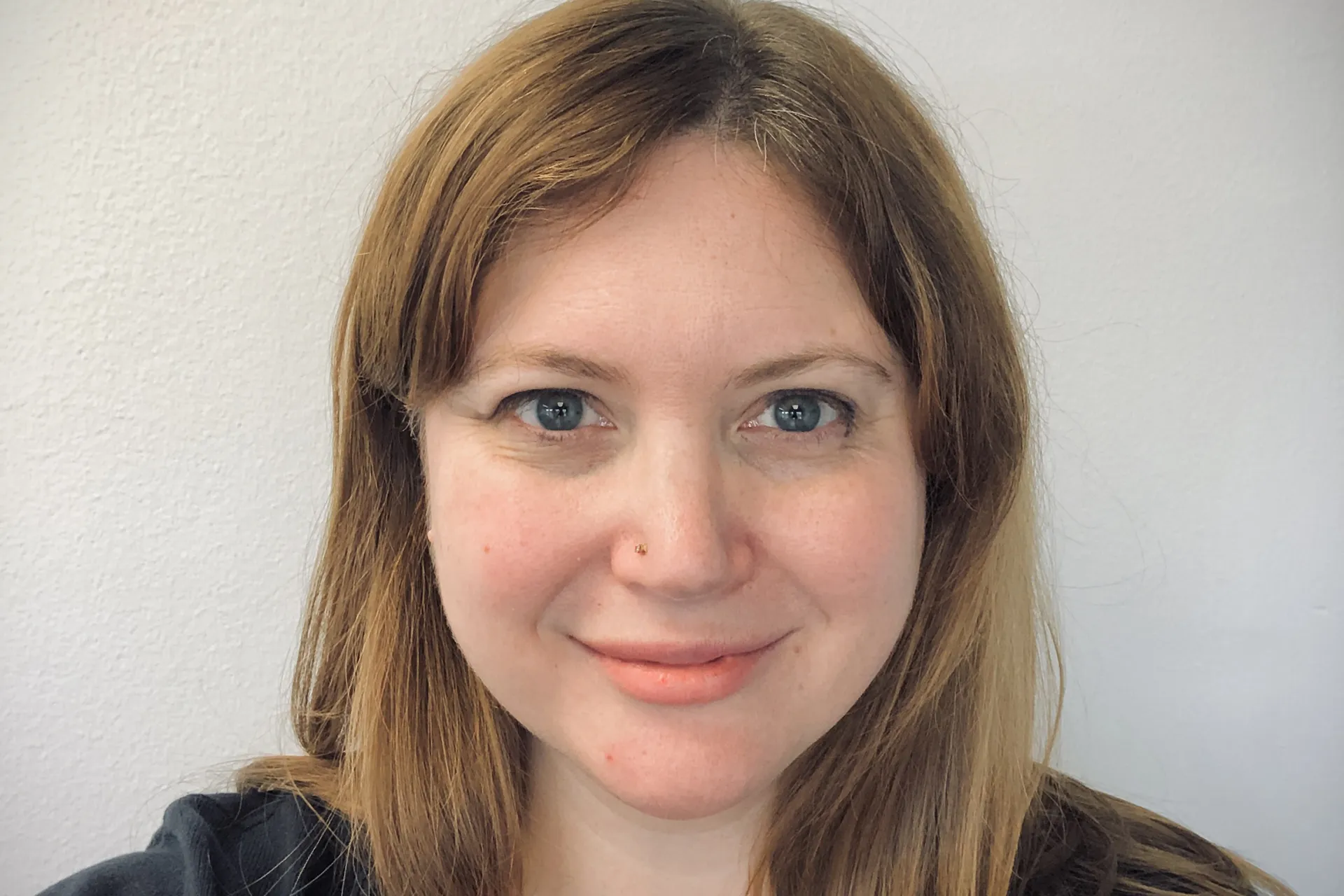The proliferation of specific treatment manuals for specific disorders has created unintended barriers for implementation and dissemination of evidence-based psychological treatments. The Unified Protocol for the Treatment of Emotional Disorders (UP; Barlow et al., 2011) is a recently developed transdiagnostic, emotion-focused cognitive-behavioral treatment (CBT) that targets core deficits occurring across the neurotic spectrum (e.g., anxiety, depressive, and related disorders). This workshop will first briefly review evidence supporting the development of such transdiagnostic interventions. This will be followed by a description and demonstration of how to apply core UP treatment modules, along with the similarities and differences between the UP and traditional CBT. Audio and videotaped illustrations of core treatment interventions (e.g., mindful awareness, emotion exposures) will be presented, along with detailed case examples involving complex comorbidity. Attendees will be invited to participate in exercises as part of these demonstrations.
Course Objectives
At the conclusion of this course, participants will be able to:
- Describe the advantages and disadvantages of the current method of classifying mental disorders
- Construct a transdiagnostic case conceptualization for clients presenting with comorbid disorders
- Develop mindfulness-based interventions to increase clients’ awareness and experience of emotions
- Apply cognitive restructuring techniques targeting overestimation and catastrophizing.
- Apply techniques to identify core beliefs that drive surface-level negative thoughts about situations and emotions
Instructional Level
Licensed mental health professionals employed through Kaiser Permanente and psychological assistants performing under supervision of a licensed psychologist.
This CE program is free to Kaiser Permanente employees.
Instructional Methodology
Lecture
Audio/Visual
On-line Presentation
Continuing Education Information
Kaiser Permanente Northern California Mental Health Training Program is approved by the California Psychological Association to provide continuing professional education for psychologists. The Kaiser Permanente Northern California Mental Health Training Program maintains responsibility for this program and its content.
Refund and Attendance Policy
All programs offered on KP Learn for CE credit through the KP Northern California Mental Health Training website are free of charge to Kaiser Permanente Staff and trainees. Once a course is selected in the KP NCAL MH Training Website, the registration process begins, and it will appear in the individuals KP Learn profile for completion within 90 days.
IMPORTANT NOTICE: Those who attend the program in full and complete the appropriate evaluation form will receive CE credits. Please note that credit will only be granted to those who attend the entire program. An attestation of attendance will be given once the individual has completed viewing the program, which will then initiate the final steps of completing the evaluation forms to receive a certificate of completion.

